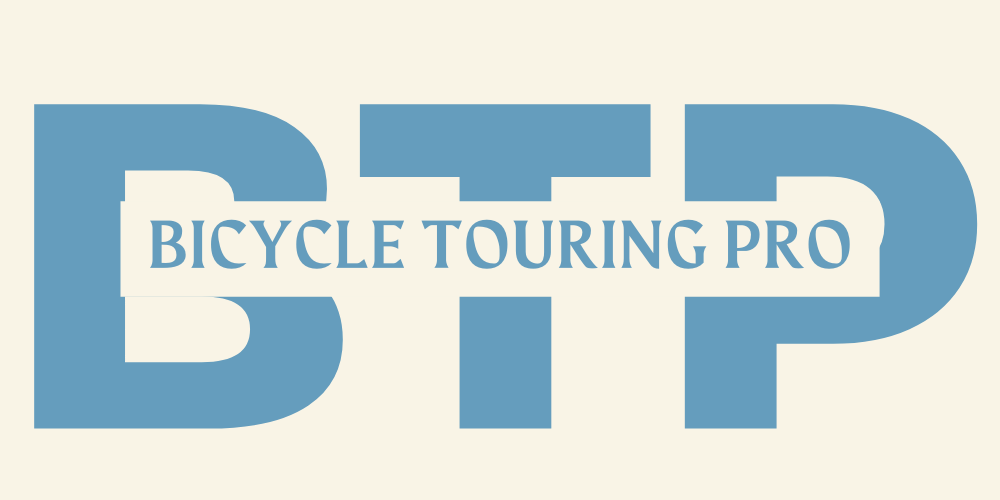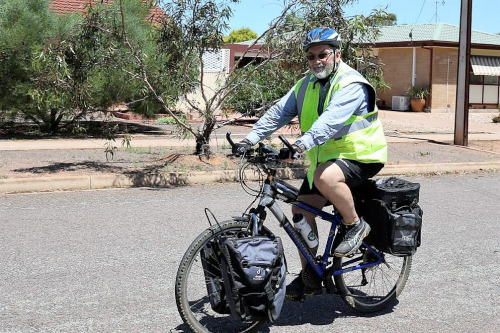How To Learn A Language Without Classes Or International World Travel
If you are anything like me, you’ve always wanted to learn a new language, but you want to do it without sitting in a boring old classroom or traveling half-way around the world in order to immerse yourself in the language for months on end. Learning a language from home would be nice… if only there were any easy way to do it.
For the past two years I have been slowly teaching myself to speak German from my home and I’ve used a number of free tools to improve my language skills in a short amount of time. I’m far from fluent and the progress is slow, but I’ve learned more German on my own in the last two years than I ever learned of any language in the 5+ years of language classes I took while in high school and college.
The following is a list of tools and techniques I’ve found to be most beneficial for learning a language on your own.
Subscribe To Podcasts
Podcasts are ongoing audio shows that you can listen to and often times download from the Internet. To start your podcast search, go to the iTunes store and perform a search for the language of your choice. Many of the world’s most popular languages will have podcasts to choose from. Less used languages will obviously be harder to find. However, there are some great podcasts that you can subscribe to… and most of the (beginner) podcasts are free. I’ve found that listening to these podcasts over and over again are one of the best ways to pick up new words and phrases.
Chat It Up With Instant Messaging
If you can find someone with an instant messenger account in the country whose language you are trying to learn, this can be a great way to learn some basic vocabulary. While you won’t be speaking or hearing the language of your choice, you will be reading and writing it. The biggest advantage of Instant Messaging is that if you do encounter a word or phrase you are unfamiliar with, you can use a service such as Google translate to find the meaning behind the words and/or phrases being used.
Blast Your Music
Another good way to learn basic words in the language of your choice is to find some music you like that has vocals in the language you are trying to learn and then play it over and over and over again. While picking out slow songs with easy to understand lyrics is important, it is more important that you find music that you actually like listening to. If you don’t find music that you actually like, you won’t play it and you won’t learn a thing. So find some good tunes, turn them up loud, and play them repeatedly.
Watch A Movie
Thanks to the Internet, there are now a number of free movies, television shows, and videos you can watch and learn from. If you can’t find any movies you like in the language of your choice on the Internet, you can always switch on the subtitles of your favorite DVDs from home. The subtitle languages on most DVDs are quite limited, but if they contain your language of choice, you have an excellent tool at your disposal for picking up new words and phrases. I’ve found that watching a movie I’ve already seen in English and then watching it again in another language is the best way to learn, because once you’ve seen the movie once, you can understand what is happening even though you might not be able to understand all the words.
Call Your Friends
If you know anyone who speaks the language you are trying to learn, call them on the phone and speak to them as much as you possibly can. With services like Skype, you can call internationally at very low rates and be speaking to natives of your choice language in a matter of seconds. I call a friend in Germany on a regular basis and always have dialogue planned out in advance in case my friend’s mother or father answer them phone (neither of whom speak English). This forces me to learn a few phrases before I even make the call… and it gives me some good dialogue training once the phone is answered.
Read Blogs
Another free learning tool you can get off the Web is the blog. Without getting into too many details, a blog is a regularly updated website where posts are, more often than not, displayed in reverse chronological order. The point I’m trying to make, however, is that if you can find a few blogs that are in the language you are wishing to learn and you subscribe to their RSS feeds, you can really learn a lot. The advantage of subscribing to a blog versus reading random websites in other languages is that by subscribing to a single blog’s content allows you to get to know the author of that site, understand the way they write, and you reap the benefits of following whatever story they happen to be telling.
Take Advantage Of The Firefox Translate Extension
If you use the Firefox web browser to access the Internet, there is a free translate extension called gTranslate that you can install to help you find the meaning behind words you don’t understand. After installing this little piece of code, you simply set which language you are trying to learn and every time you encounter a work or phrase that you don’t understand in that language, the translation is just a click away.
Meet People
Finally, keep your eyes and (most importantly) your ears open. It is very likely that there is someone in your area who speaks the language you are trying to learn. If you run into someone speaking your language of choice (whether it be at the supermarket, bank, sports arena or anywhere else) use the opportunity to strike up a conversation and practice your skills. Not only will you get to put your language skills to use, but the person you’re speaking with will likely enjoy helping you practice their native tongue.
So, there it is! Eight free things you can do on your own to learn a language without taking any boring old classes or being forced to travel half-way around the world. What other ways can you learn a language without leaving your home? What methods have worked for you?


Your advice are very useful.
Another tip for “How To Learn A Language” is that you can read and translate some interesting book.
i think your techniques are good
but in my opinion they need alot of time from the persons to learn
than the time you need in classrooms or travelling